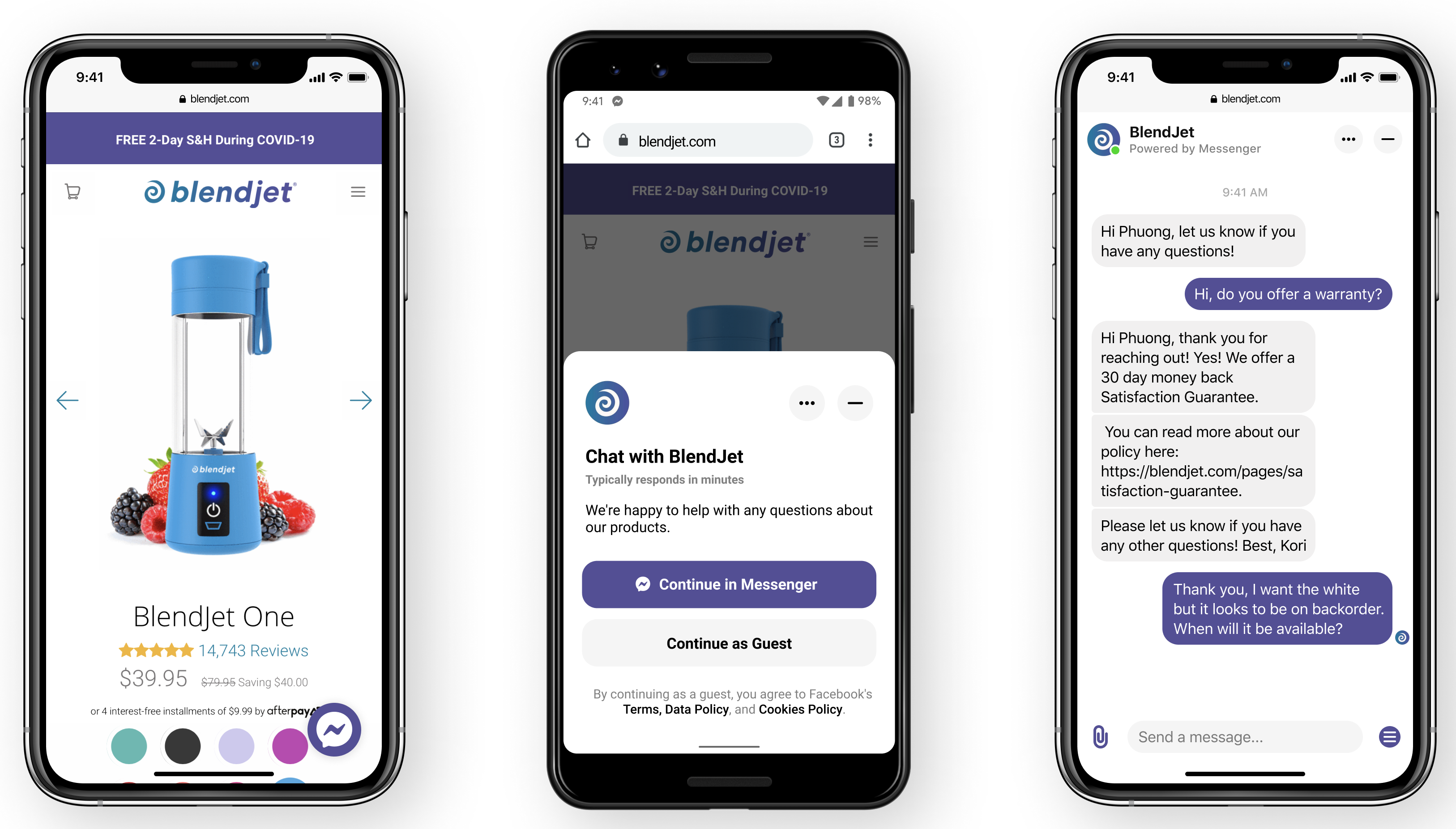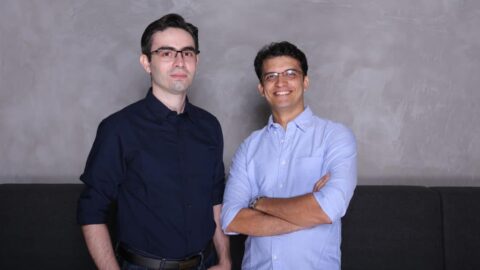COVID-19 has brought the whole world to a standstill and confined people to their homes across the globe. In such a scenario, many tech companies are collaborating with governments, researchers and communities in the fight against Covid-19. Some are also undertaking various humanitarian efforts to prevent the spread of misinformation.
SAP recently launched ‘Bridge-IT’, an app created using SAP and Qualtrics technology that’s aimed to provide employees and customers with accurate real-time facts on COVID-19 and personalized guidance on how to cope with the virus.
“The current situation requires enterprises to provide with accurate and real-time facts on COVID-19 as well as personalised guidance on the next steps to maintain business continuity. With the volume of information available around us today, it is necessary to take steps towards restoring the right to correct information for all,” said Anil Khatri, Head IT – South Asia, SAP.
Khatri informed that the app is created to collate information from trustworthy sources including The World Health Organisation (WHO) and combine it with specific country data, local government guidance, travel information and relevant company policies to provide localized information for users.
Chipmaker Intel is working with India’s Council of Scientific and Industrial Research and International Institute of Information Technology, Hyderabad, to deploy Intel client and server solutions to help achieve faster and less expensive COVID-19 testing and coronavirus genome sequencing to understand epidemiology and AI-based risk stratification for patients with co-morbidities or in other words, more than one illness or disease occurring in one person at the same time.
Intel is also collaborating with IT apex body NASSCOM to build an application ecosystem and multicloud backend to enable population-scale COVID-19 diagnostics, in order to predict outbreaks and to improve medical care management and administration.
 TTM.com/wp-content/uploads/2020/03/cyber-corona-24×16.jpg 24w, https://www.TTM.com/wp-content/uploads/2020/03/cyber-corona-36×24.jpg 36w, https://www.TTM.com/wp-content/uploads/2020/03/cyber-corona-48×32.jpg 48w, https://www.TTM.com/wp-content/uploads/2020/03/cyber-corona.jpg 675w” sizes=”(max-width: 300px) 100vw, 300px”>IT firm Nutanix has also stepped up support to businesses in India and the larger Asia Pacific. To ensure availability to cloud based remote working solutions, it is offering free Virtual Desktop Infrastructure (VDI) and DaaS software to enable businesses, individuals, teams, customers, and partners to be up and running within an hour.
TTM.com/wp-content/uploads/2020/03/cyber-corona-24×16.jpg 24w, https://www.TTM.com/wp-content/uploads/2020/03/cyber-corona-36×24.jpg 36w, https://www.TTM.com/wp-content/uploads/2020/03/cyber-corona-48×32.jpg 48w, https://www.TTM.com/wp-content/uploads/2020/03/cyber-corona.jpg 675w” sizes=”(max-width: 300px) 100vw, 300px”>IT firm Nutanix has also stepped up support to businesses in India and the larger Asia Pacific. To ensure availability to cloud based remote working solutions, it is offering free Virtual Desktop Infrastructure (VDI) and DaaS software to enable businesses, individuals, teams, customers, and partners to be up and running within an hour.
“Isolated staff can then have safe and secure access to any application simply from their home web browser, with no software download or upgrade required. As part of our commitment to assured and uninterrupted availability of service, we have also increased availability of Xi Frame with 5 new ‘cloud regions’. This brings to 25 the total number of Azure, AWS, and GCP data centres across the region available to accommodate businesses as they struggle to remain efficient and productive,” said Balakrishnan Anantharaman, Vice President and Managing Director of Sales, India and SAARC, Nutanix.
“We are also aware that that this accelerated race to the cloud needs to be managed appropriately. Optimising resources and spend is both prudent and critical in turbulent times – we are therefore supporting organizations with Nutanix Beam, which optimizes public cloud spends and monitors policy and compliance requirements to ensure businesses are able to navigate the fallout from the COVID pandemic,” he added.
Bangalore-based Hinduja Global Solutions (HGS) is also helping clients to better manage the crisis through various technology-led business continuity solutions such as HGS DigiBOTS Crisis Assistance solution that uses artificial intelligence to deliver HR-related info faster to employees, HGS Work@Home, HGS EPIC social media tool, etc.
Read more: How to Create a Resilient Business Model in the Face of COVID-19
“Today, the entire world is fighting an unprecedented crisis COVID-19. As a responsible corporate, HGS has put its best foot forward to protect our employees and clients as well as assist our communities and governments in their fight against the disease,” said Srinivas Palakodeti, Global CFO, HGS. He adds that with over 1,200 qualified registered nurses, the company is offering phone-based nurse triage services to provide front-line support for COVID-19 callers and enable staff of US-based healthcare providers and health insurance plans to focus on critical case requirements.
 TTM.com/wp-content/uploads/2020/05/coronavirus-in-india_CXO-24×18.jpg 24w, https://www.TTM.com/wp-content/uploads/2020/05/coronavirus-in-india_CXO-36×27.jpg 36w, https://www.TTM.com/wp-content/uploads/2020/05/coronavirus-in-india_CXO-48×36.jpg 48w, https://www.TTM.com/wp-content/uploads/2020/05/coronavirus-in-india_CXO.jpg 600w” sizes=”(max-width: 300px) 100vw, 300px”>
TTM.com/wp-content/uploads/2020/05/coronavirus-in-india_CXO-24×18.jpg 24w, https://www.TTM.com/wp-content/uploads/2020/05/coronavirus-in-india_CXO-36×27.jpg 36w, https://www.TTM.com/wp-content/uploads/2020/05/coronavirus-in-india_CXO-48×36.jpg 48w, https://www.TTM.com/wp-content/uploads/2020/05/coronavirus-in-india_CXO.jpg 600w” sizes=”(max-width: 300px) 100vw, 300px”>
“For our own employees, we have developed a self-diagnosing bot called ‘HGSQuickEntry’, an easy-to-use mobile app that allows our employees to self-screen for any health issues before reporting to work. We are also leveraging a host of tools to help create a better experience for them while working from home… this includes client delivery, training and employee engagement,” mentioned Palakodeti.
HGS has also taken steps for making the community safer. He said, “In Karnataka, we are collaborating with a few other BPM companies in supporting two of the state government’s critical helpline initiatives.”
One is a 24-hour COVID-19 phone helpline with volunteer agents answering various queries from citizens while the second is Apthamitra, a telemedicine helpline manned by over 50 nurses and doctors. HGS has also donated over 30,000 reusable masks to the Bengaluru City Police to protect police personnel as they continue to enforce prescribed government guidelines. “We’re actively supporting Hinduja Hospital in setting up isolation wards, purchasing medical equipment and procuring face masks for distribution among COVID warriors,” Palakodeti said.
ThoughtWorks and Ashoka University have collaborated to develop what it calls India’s first ultra-large-scale agent-based simulation model to stop the spread of COVID-19. The model, called BharatSim, builds on EpiRust, an open source framework, said ThoughtWorks.
Gunjan S, Director, ThoughtWorks Engineering for Research (E4R) said, “In BharatSimeach individual is simulated as an “agent” on a computer. The properties of agents are chosen to match those known from district and state-level demographic studies, including age distributions, sex ratios, population densities and health indicators. The model will also include geographical information.
“The model will initially represent 5% of the Indian population at a level of detail most useful to epidemic modelling. In the coming months, it will be expanded to represent up to 40% of the Indian population,” she informed.
Some of the toughest problems and challenges in science today need scientists, academics and technologists to come together. Given the unprecedented nature of the problem at hand, teaming up with Ashoka University we believe we can provide the right tool for policy makers,” S Mahale, another director of the company, added.
There are several other such examples. ‘MyGov Saathi’ has been developed pro-bono by Accenture in collaboration with Microsoft needs a special mention. The AI powered virtual agent to support the government’s communication efforts around Covid-19 and Self4Society.
According to the company, “It will provide provide ready access to Covid-19 related resources such as latest updates, helplines, advisories from various central and state government departments, and access to Self4Society initiatives including donation and volunteering,”
Artificial intelligence (AI) chatbot company Haptik Infotech, a Reliance Jio-backed tech firm developed the MyGov Corona Helpdesk chatbot, the government’s dedicated WhatsApp chatbot MyGov Corona Helpdesk, which aims to provide timely updates and help citizens clear their queries on Covid-19.
Gurgaon-based start-up Staqu has launched a thermal camera under its video analytics platform, JARVIS. This technology will alert the system of anyone with a body temperature of above 37° C and examines heat signatures directly through the cameras, enabling authorities to spot and further inspect suspected virus carriers. Many other startups have also joined the bandwagon and coming up with new solution to help the government in the fight against the coronavirus pandemic.
Read more: Start-ups assisting government to combat COVID-19
Like the rest of the world, India needs to sustain and enhance an innovation mindset to continue the fight against COVID-19. As former Microsoft CEO Bill Gates observed that innovation will be critical to stemming the damage from COVID-19.
“…During World War II, an amazing amount of innovation, including radar, reliable torpedoes, and code-breaking, helped end the war faster,” Gates wrote. “This will be the same with the pandemic. I break the innovation into five categories: treatments, vaccines, testing, contact tracing, and policies for opening up. Without some advances in each of these areas, we cannot return to the business as usual or stop the virus.”
Meanwhile, the number of coronavirus positive cases in India has risen sharply over the past two days and it has crossed 62,000-mark, as confirmed by the Ministry of Health and Family Welfare’s data and needs immediate attention by the government and private organizations alike.
The post Tech Firms in India Step in to Fight COVID-19 appeared first on TTM.com.







